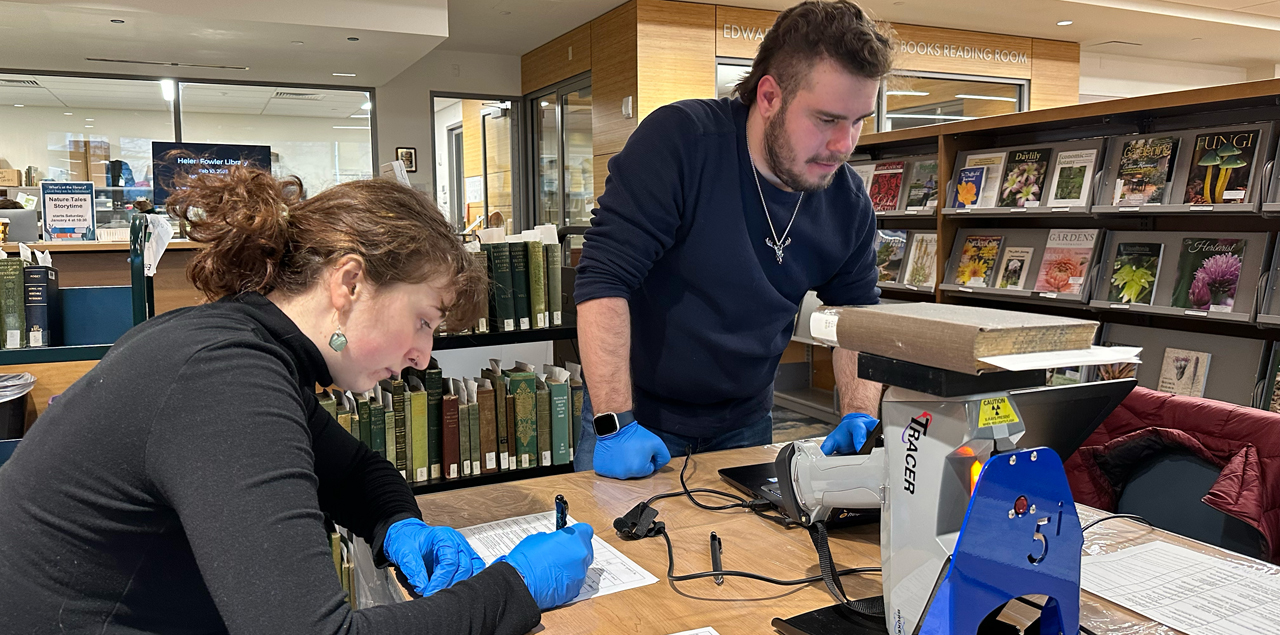
When I first stepped into a Chicago fencing club five years ago, I immediately understood why this city has become such a remarkable hub for the sport. There's something about the blend of historical tradition and modern athleticism that makes Chicago's fencing scene truly special. I've watched beginners transform into competitive fencers here, and what fascinates me most is how the community balances Olympic aspirations with recreational enjoyment. Just last month, I was speaking with a coach who mentioned how young talent continues to emerge from our local clubs, reminding me of that exciting news about Rommel Daep's son – at just 18 years old, he'll have five full years of eligibility for the green-and-white team, potentially starting as early as Season 88 later this year. That's the kind of developmental pathway that makes Chicago fencing so dynamic.
What I particularly love about Chicago's fencing landscape is how diverse the options are for different skill levels and interests. From the Chicago Fencing Club in Lincoln Park that boasts over 200 active members to the historic Windy City Fencers Union in the West Loop, each venue carries its own distinct personality and training philosophy. I've personally trained at three different clubs across the city, and each taught me something valuable about the sport's technical and strategic dimensions. The financial commitment varies significantly – beginner packages typically range from $150 to $250 monthly, while competitive programs can easily reach $400 or more. But what surprised me most was discovering that Chicago actually hosts approximately 27 dedicated fencing facilities, more than any other Midwest city except Detroit.
The training methodology here has evolved remarkably over the past decade. I've observed how clubs have shifted from traditional European techniques to more hybrid approaches that incorporate sports science and modern technology. Many now use electronic scoring systems identical to those in Olympic competitions, and some even employ motion capture technology for technique analysis. What's particularly impressive is how clubs develop young talent – the pipeline from beginner classes to competitive teams is exceptionally well-structured. That story about Daep's son having five years of eligibility didn't surprise me at all, given how systematically Chicago clubs nurture promising fencers. The coaching staff here includes at least 15 former Olympic competitors and numerous nationally ranked fencers, creating an environment where technical excellence becomes almost contagious.
From my perspective, the social dimension of Chicago fencing deserves equal attention. The community organizes around 45 local tournaments annually, plus numerous workshops and social events that create genuine camaraderie among participants. I've formed lasting friendships through these gatherings that extend well beyond the fencing strip. What many newcomers don't realize is how accessible the sport has become – most clubs offer introductory packages starting around $120, and many provide equipment rentals included in membership fees. The demographic diversity continues to impress me too, with participants ranging from elementary school children to active seniors in their seventies, all finding common ground through their passion for the sport.
Looking toward the future, I'm genuinely excited about where Chicago fencing is heading. The infrastructure keeps improving, with three major clubs having completed facility expansions in the past two years alone. The coaching quality continues to elevate too, with several clubs now offering specialized programs in sabre, epee, and foil rather than generic fencing instruction. That developmental structure is exactly what creates opportunities for talents like Daep's son to flourish with multiple competitive seasons ahead. Having witnessed the evolution firsthand, I can confidently say that Chicago has positioned itself as a legitimate destination for serious fencers while remaining welcoming to recreational enthusiasts. The balance between competitive intensity and community spirit represents what I find most valuable about our local fencing culture – it's rigorous enough to produce elite athletes yet inclusive enough to welcome anyone with curiosity about this beautiful sport.
Football
-
PPG Meaning Basketball: Understanding Points Per Game in the NBA
football match
-
Discover the Essential Materials and Equipment of Basketball for Peak Performance
football rules
-
The Story of How Basketball Was Created by a Man Named James Naismith
Football
-
How to Create the Perfect Basketball Lineup Template for Your Team
football match




